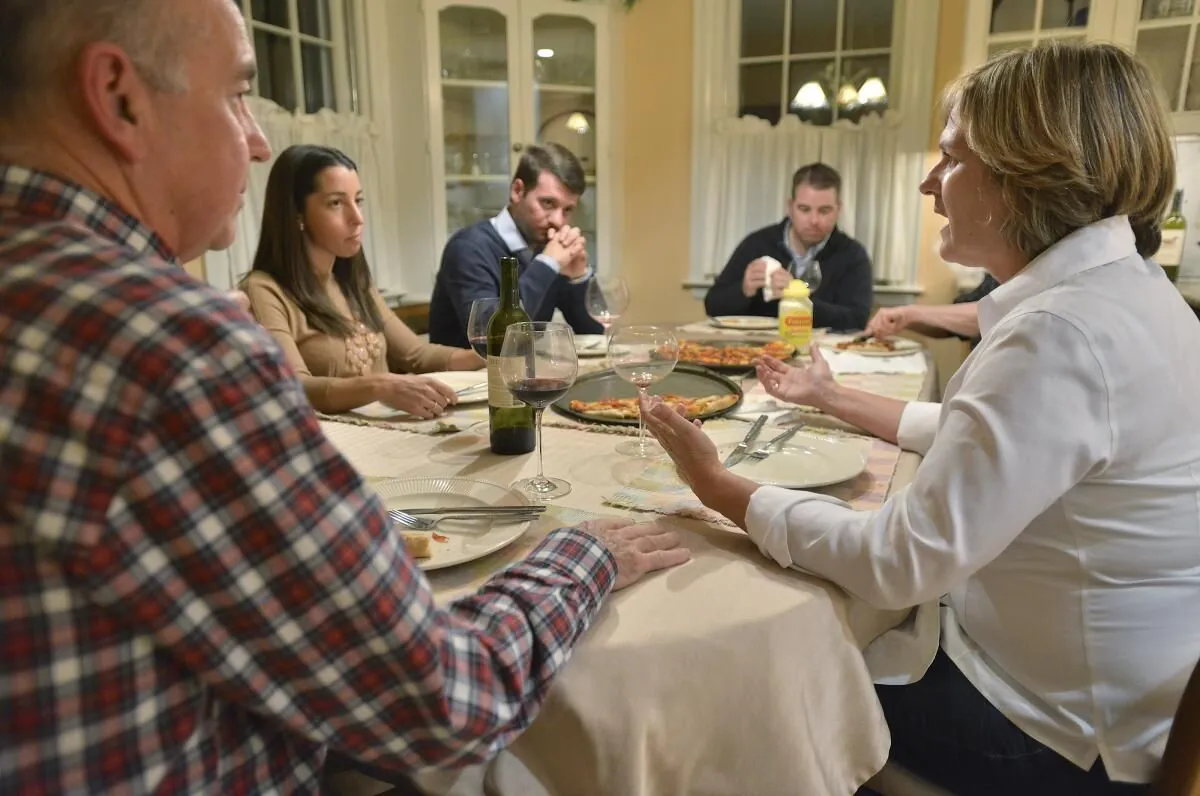As the United States prepares for its presidential election on November 5, 2024, parents across the nation face a challenging task: explaining the political landscape to their young children. With just 52 days until this pivotal event, families are navigating conversations about yard signs, televised debates, and overheard comments at school.
The outcome of this election will significantly shape the future these children will inherit, raising questions about how much information is appropriate to share. Parents are seeking ways to educate their children about the democratic process while preserving their innocence and avoiding unnecessary anxiety.
Joelle Gotwals from Virginia, a mother of three, emphasizes the importance of open communication. She addresses her children's curiosity about politics, including questions about the potential for a female president. When faced with complex topics like the overturning of Roe v. Wade, which occurred on June 24, 2022, Gotwals uses age-appropriate language, focusing on personal medical choices.
In Pennsylvania, Toni McFadden, a mother of four biracial children, takes a different approach. As a pro-life speaker, she openly discusses her views on abortion with her children from a young age. McFadden emphasizes character over race in political discussions and highlights the importance of economic issues.
Some parents, like David Bogner from Virginia, believe that very young children should be shielded from politics entirely. With a toddler at home, Bogner suggests that elementary school-aged children may be too young to comprehend the complexities of the political system.
The impact of media exposure on children's political views is evident in many families. Keosha Varela from Washington, D.C., mother of two young boys, strives to teach respectful disagreement in political discussions. She explains her support for candidates like Kamala Harris in simple terms, focusing on policies that help people in need.
"I explain why I want to vote for Kamala: 'She wants the government to help people who don't have a lot.' I try to explain it in childlike terms."
Brooke Cantrell, a mother of three in Tennessee, believes in fully informing her children about elections. She uses current events, such as Supreme Court decisions, to explain concepts like impartiality in government. Cantrell notes the challenge of discussing certain political figures, like Donald Trump, in an age-appropriate manner.
Family dynamics play a significant role in shaping children's political views. Tony from Florida faces the challenge of politically divided family members, with his in-laws being strong Trump supporters. This situation complicates efforts to educate his children about different political perspectives.
As the election approaches, parents continue to seek balance in their discussions. They aim to inform their children about the democratic process while teaching critical thinking skills and preserving childhood innocence. The long-term effects of these conversations may shape the political engagement of future generations.
